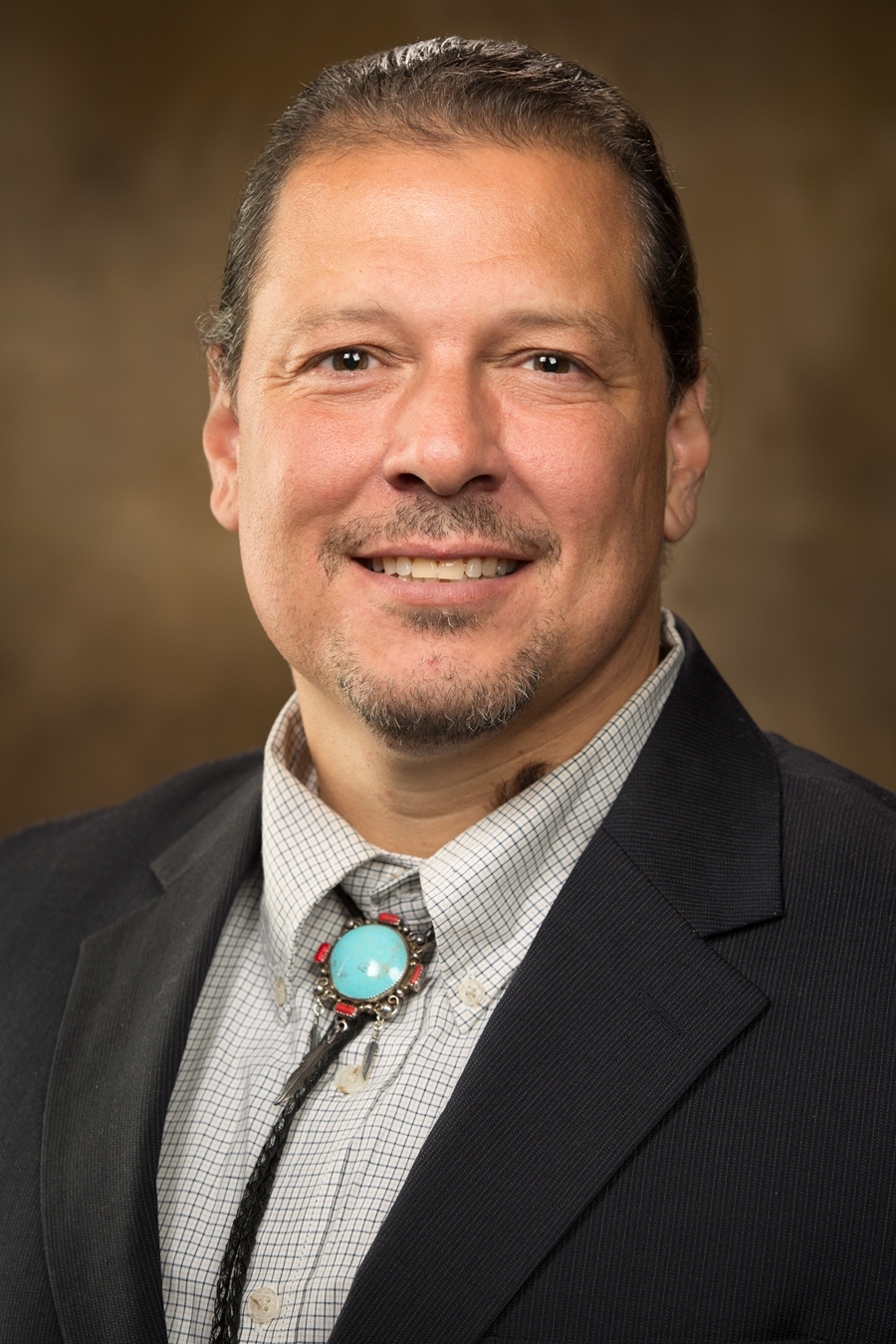FAYETTEVILLE, Ark. – The University of Arkansas is helping lead an effort to develop a bioscience network of scientists in the United States and Southeast Asia.
The National Science Foundation recently awarded a $500,000 grant to establish the Food, Energy, Water and Ecosystems Resources Research Coordination Network, to build a team of minority and minority-serving faculty to strengthen research collaborations in the U.S. and enhance ties between U.S. faculty scientists and researchers working at institutions in Vietnam, Thailand and Malaysia.
“Dams that were built over the last 30 years on the upper and lower Mekong River have altered sediment flow, fisheries and tributaries of the river, resulting in a host of issues,” said Ruben Michael Ceballos, a biologist at the University of Arkansas and the principal investigator on the NSF-funded project.
The project will focus on four central research topics: aquatic biology and ecosystems science; traditional-use plants and natural products development; biofuel feedstocks and enzyme systems; and impacts of climate change on biodiversity in the lower Mekong basin.
“There are about 80 million people who rely on the Mekong River and there are some similarities between the Mekong River delta and the Mississippi River delta; thus, there are significant opportunities for U.S. scientists to collaborate with counterparts in Southeast Asia to address pressing issues,” said Ceballos, an assistant professor in the Department of Biological Sciences.
The Food, Energy, Water and Ecosystems Resources project has two focuses. The first is to fund ongoing research collaborations between U.S. scientists and research groups from universities in the Lower Mekong Basin to finish up projects that are at the cusp of completion of major milestones leading to publication. The second is to establish new collaborations in the four research areas that involve junior faculty from underrepresented groups.
“Under this grant we can’t fund individual research efforts but we can assist with travel money, logistical support, student training, and the integration of two or more research efforts so that connections can be made and new projects leading to fundable research may be established,” Ceballos said.
In 2015, Ceballos was invited to attend the 9th U.S.-Vietnam Joint Committee Meeting on Science and Technology as part of a U.S. State Department-led delegation to Ho Chi Minh City. The idea for the Lower Mekong Basin research coordination network came out of that meeting, Ceballos said.
Ceballos serves on the steering committee of the Minority Institution Research Collaborative, a professional association of faculty and students from minority and minority-serving institutions as well as minority faculty and students from major institutions.
Contacts
Ruben Michael Ceballos, assistant professor, Department of Biological Sciences
J. William Fulbright College of Arts and Sciences
479-575-5643,
Chris Branam, research communications writer/editor
University Relations
479-575-4737,
